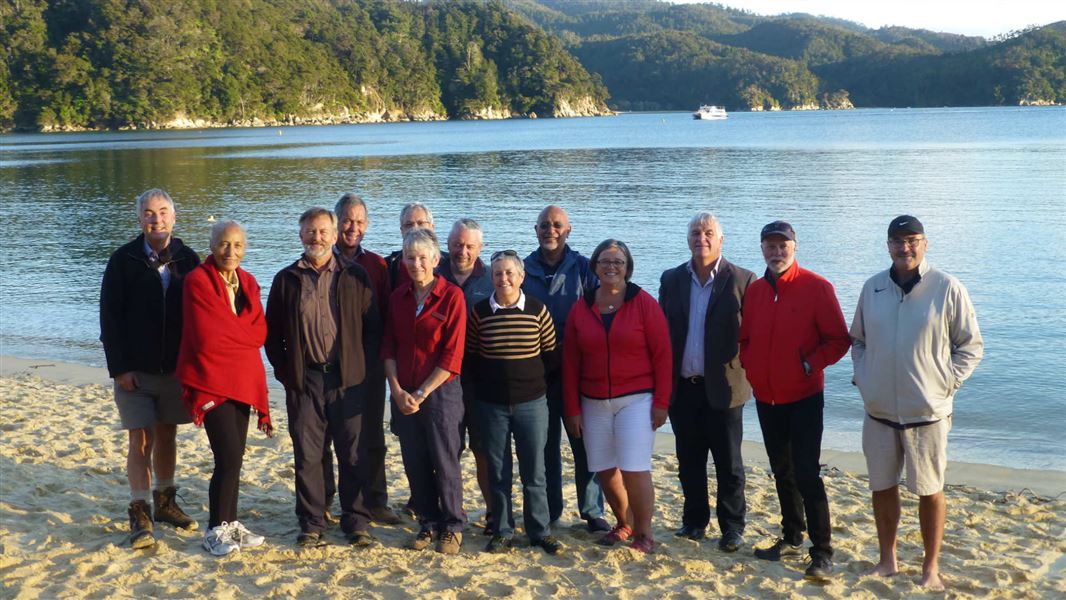Appointments
The New Zealand Conservation Authority has thirteen members appointed by the Minister of Conservation; the Minister will have regard for the interests of conservation, natural sciences, and recreation in making the appointments.:
- two appointed after consultation with the Minister of Māori Development
- two appointed after consultation with the Minister of Tourism
- one appointed after consultation with the Minister of Local Government
- one appointed on the nomination of Te Runanga O Ngai Tahu
- one appointed on the recommendation of the Royal Society of New Zealand
- one appointed on the recommendation of Forest and Bird
- one appointed on the recommendation of the Federated Mountain Clubs
- four appointed from public nominations
Members of the NZCA do not represent the person or organisation that nominated them for membership. They are appointed for a three-year term and may be re-appointed.
Member responsibilities
NZCA members are expected to:
- have the time to attend meetings and commit to the work of the NZCA
- be prepared to work within and respect the legislative framework
- must be prepared to participate in all matters that come before the NZCA
- understand and follow proper process
- be aware of and manage conflicts of interest
- be open-minded and prepared to consider a wide range of views
- be able to debate issues objectively
- be prepared to work for a consensus and respect the decisions of the collective.
Before appointment, experience working on a committee or board is useful and an active interest in conservation issues is strongly recommended.
Meetings
There are six NZCA meetings per year which are scheduled to last two days. The meetings normally take place in Wellington but two meetings a year take place in the rohe of alternating conservation boards, where an inspection of a particular area or a matter under discussion is beneficial.
Members are expected to be prepared and to contribute their views to the meeting. They should have read the meeting papers and have made any enquiries they feel necessary prior to the meeting.
Other work
In addition to the formal NZCA meetings, members will be involved with committees and other sub-groups when required. Examples include:
- drafting submissions in response to Government discussion documents and draft legislation
- following up NZCA resolutions.
Fees and expenses
Members are paid a daily meeting fee of $450. Reasonable expenses for travel, accommodation and meals are reimbursed or met as a direct charge to the NZCA.
